The advent of the Internet as a transformative force in human history was catalyzed in April 1993 when it was made accessible to the public. Since that pivotal moment, it has woven itself into the fabric of our lives, reshaping how we communicate, conduct business, manage finances, seek entertainment, and even handle daily errands like grocery shopping. For those who lived through the pre-digital age—Boomers, Generation X, and early Millennials—the vast changes brought about by the Internet were once unimaginable. While nostalgia for the analog world lingers, there is broad consensus that the Internet’s contributions to progress and connectivity far outweigh its drawbacks.
The Internet did not merely enhance existing ways of life; it revolutionized them, bringing about a digital upheaval comparable in impact to the discovery of fire or the invention of the wheel. Yet, as society grapples with the sweeping transformations it has wrought, a new epochal force—Artificial Intelligence (AI)—is already making its presence felt. This emerging era of AI promises to redefine human existence in ways as profound as those ushered in by the Internet, if not more.
What sets AI apart from earlier technological innovations is its capacity for autonomy. Unlike the Internet, which functions as a platform requiring human input at every level, AI systems are designed to operate with a degree of self-governance. This prospect of machines making independent decisions has sparked both awe and unease. Dystopian scenarios reminiscent of science fiction, where AI supplants human roles across professions—from surgeons and teachers to writers and legal experts—are no longer confined to fiction. Such fears, though speculative, highlight the scale of disruption AI could bring.
However, alongside these concerns lies the undeniable potential of AI to revolutionize industries and improve lives. Its practical applications are vast and diverse: detecting fraudulent transactions, evaluating investment risks, streamlining scientific research, automating repetitive tasks, and advancing healthcare through sophisticated diagnostics and drug discovery. These capabilities underscore AI’s potential to serve as a transformative ally to humanity, even as its risks remain a topic of heated debate.
Despite its remarkable strides, AI is still in its infancy, far from a stage where it can independently make consequential decisions without oversight. Yet, this window of nascence is an opportunity for governments, technologists, ethicists, and philosophers to collaboratively establish regulations and ethical frameworks to govern its use. Proactive action now could prevent the dystopian scenarios some fear and ensure AI’s integration into society aligns with humanity’s best interests.
The era of AI has undoubtedly begun, but its trajectory remains uncertain. The early years of the Internet remind us of technology’s unpredictability. Just as the Dot Com bubble nearly derailed the Internet revolution before its potential was fully realized, AI’s proliferation through countless startups may face similar hurdles. A downturn could make society skeptical of AI’s promises, or it could lead to a more measured, regulated adoption of the technology. Whatever the outcome, one thing is certain: we stand on the brink of an era filled with unprecedented possibilities and challenges. The journey ahead is bound to be as exhilarating as it is unpredictable.

